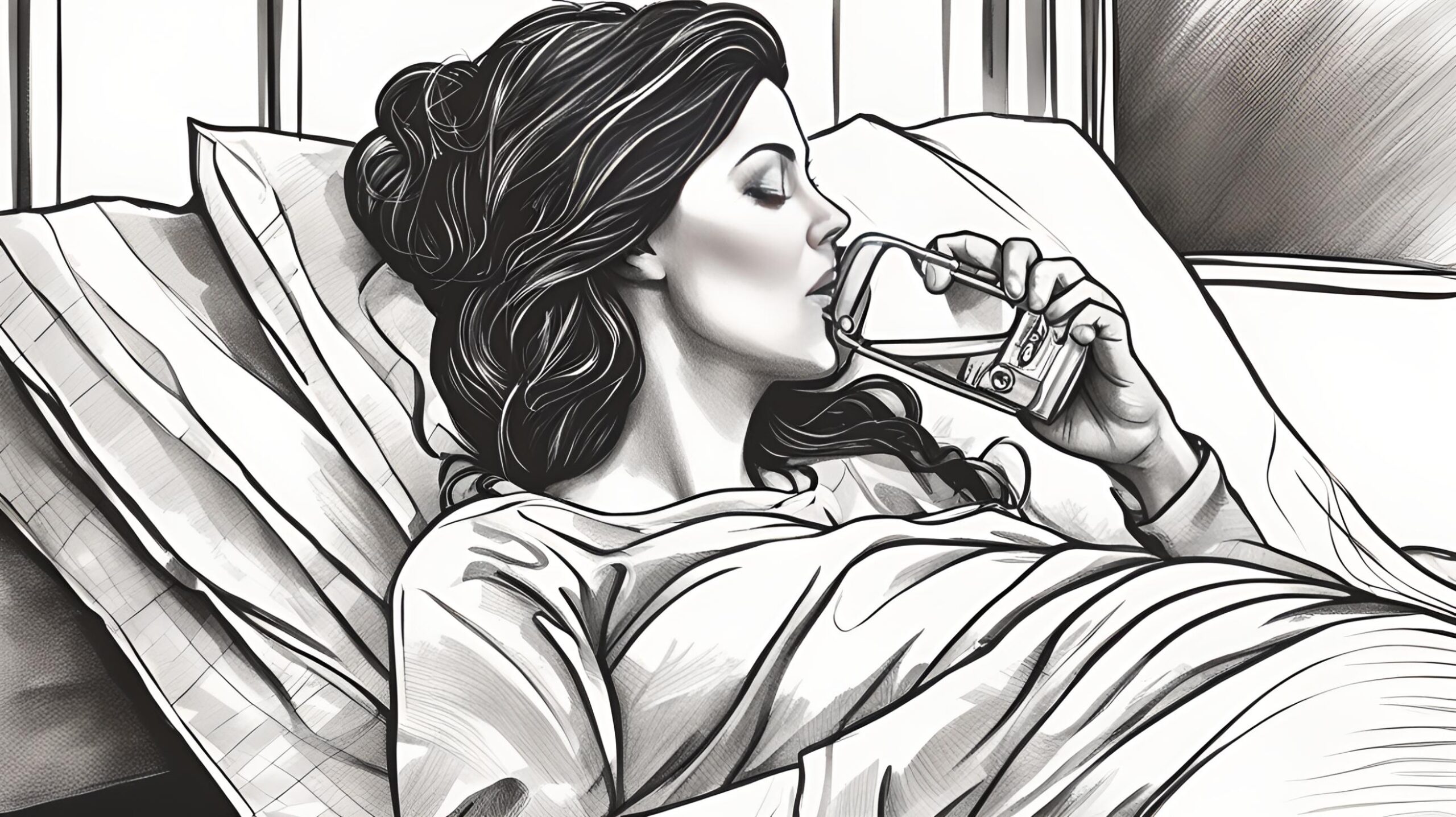Flashback to December 27
American History

The day the Earth stood still for many African Americans in Southern Louisiana was September 28, 1868 – a day when the Opelousas Massacre transpired in Saint Landry Parish in Louisiana. A devastating chapter in American history, marked with trauma and tragedy, the event saw the senseless loss of over 200 black lives.
At the heart of this catastrophic incident lay the burgeoning political schism in post-Civil War America. As the African American population struggled for equality and civil rights, their efforts were met with violent resistance and intolerance, primarily from the insurrectionist groups that resisted their advancement in society.
The Opelousas Massacre undeniably occurred amidst an atmosphere of soaring racial tensions in Saint Landry Parish, Louisiana. Fueled by political ambivalence and social instability during the Reconstruction Era, the pernicious event served as a chilling reminder of the deep-seated racial hatred that marred the nation.
It all began with the Republican Party’s attempt to promote the newly earned rights of African American men, which were established by the Reconstruction Acts of 1867. As formerly enslaved people sought civil rights and equal opportunities, they found staunch opposition from several white supremacist groups, engendering a volatile environment.
In Saint Landry Parish, an area known for its racial strife, this tension escalated manifold, culminating dramatically into the Opelousas Massacre. The immediate provocation was a newspaper article written by one Emerson Bentley, a white schoolteacher, and journalist, who encouraged African American suffrage. This irked the local white population, triggering the beginning of the tragic event.
The white residents, unwilling to see African Americans exercise their right to vote, assailed Bentley, brutally beating him. Essentially, this was the fuse for the subsequent just as violent retaliation on September 28, 1868, where an estimated 200 African Americans were ruthlessly put to death by gunfire. This horrifying act of violence was an attempt to suppress black voting in the upcoming Presidential elections and deter African Americans from participating in political matters.
The Town of Opelousas and the community of Saint Landry Parish were forever scarred by the tragic incident. A cold reminder of the strife and bloodshed resulting from incompatible political ideologies, the Opelousas Massacre undoubtedly illuminates a dark corner of Louisiana’s history, a stark relay of racial bigotry that was prevalent during the time.
The immediate aftermath of the Opelousas Massacre witnessed a significant drop in African American voter turnout in Saint Landry Parish for several years. The haunting event arguably had a long-lasting impact on the African American community in the area, its shadow influencing generations in their struggle for justice and civil rights.
Telling the history of the Opelousas Massacre is essential, not just for recording an account of deep-seated racial hatred, but for understanding how it shaped Louisiana and, more importantly, how it influenced America’s journey towards racial equality. As we delve deep into the roots of racial prejudice and sacrifice, we should spare a moment to remember the unspeakable horror the Town of Opelousas bore witness to on September 28, 1868.
The Opelousas Massacre, while a grim chapter in American history, provides an essential context to the struggle for freedom and justice. Though brutal in nature, the event did play its part in spotlighting the need for reform and change, that in due course, brought about the hard-earned civil rights enjoyed by African Americans today.
Despite the induction of numerous laws and amendments post-Reconstruction era, the fight for racial equality continues in various forms even today. As the saga of the Opelousas Massacre reminds us, it is through awareness, education, and remembrance that one can truly understand and work towards the prevention of such atrocities in the future.
The haunting day of 28th September, marked by the ‘Opelousas Massacre at Saint Landry Parish, Louisiana,’ shall forever remind America and the world of the trials and tribulations endured by the African American community in their struggle for equality, justice, and civil rights.
We strive for accuracy. If you see something that doesn't look right, click here to contact us!
Sponsored Content

Ether first used in…
On December 27, 1845,…

Stephen Fuller Austin founder…
"Saddened by the loss…

